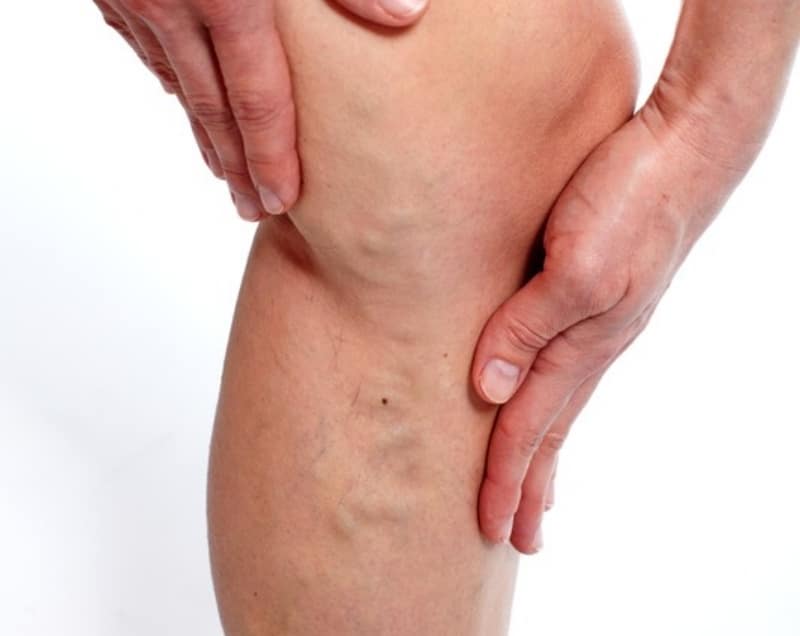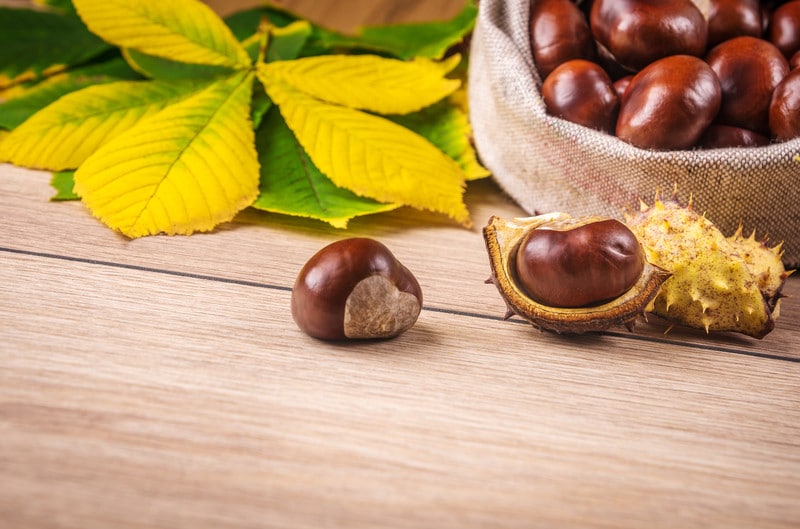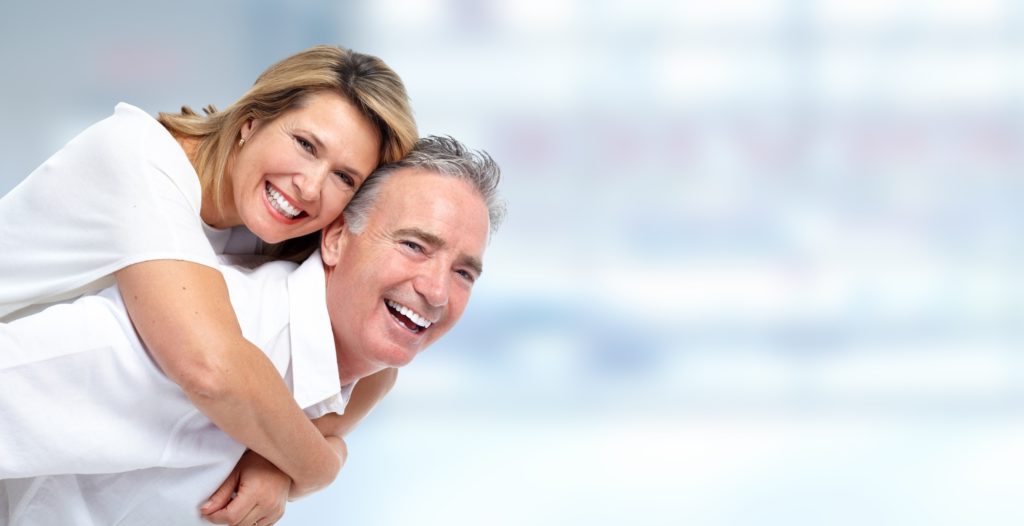Varicose Veins Symptoms That Can Save Your Life
 Vein disease is incredibly common in the United States. According to some estimates, 50-60 million American men and women have some form of venous disease. Varicose veins are among the most common of these.
Vein disease is incredibly common in the United States. According to some estimates, 50-60 million American men and women have some form of venous disease. Varicose veins are among the most common of these.
In fact, varicose veins are so common that it can be easy to forget that they could also be an indication of more serious health issues lurking beneath the surface. That is why it is a good idea for anyone with even the slightest sign of venous disease, including varicose veins, to at least consult a vein specialist to see whether they are at risk for more serious conditions, such as chronic venous insufficiency (CVI), leg ulcers, or worse.
Varicose Veins Symptoms That Could Be Life Threatening
Not all symptoms hold the same weight, however. It is rare, but it is not impossible for clots to form in the visible veins and move into the deeper venous system.
If your leg suddenly swells and becomes painful, hard, hot, and red, or if you experience lightheadedness, rapid pulse or chest pain, seek medical help immediately. A leg that swells suddenly can be a sign of a blood clot (deep vein thrombosis); accompanying chest pain and lightheadedness could mean the clot has moved into your lungs (pulmonary embolism or PE), which can be fatal.
When is it Time to Consult a Vein Specialist For Your Varicose Veins?
While not immediately life threatening, it is still very important that you do not ignore these serious indications of chronic venous insufficiency. If left untreated, the condition could lead to leg ulcers or even dangerous blood clots. Seek treatment if your:
- Varicose veins bleed
- Legs bleed after minor injuries
- Skin around veins changes color
- Vein hardens
- Skin on ankle and calf becomes thickened and discolored
- Veins or legs become itchy, dry or scaly
- Visible sores or rash-like areas on the leg, or near the ankle
- Dull aching leg pain that interferes with your daily activities
- Persistent leg fatigue
- A family history of clot-related conditions
In Short, Don’t Ignore any Symptom of Varicose Veins
There are other more typical symptoms of varicose veins. Even seemingly harmless symptoms should not be ignored. It may happen slowly, but vein disease is always chronic and progressive.
- Visibly twisted and bulging veins
- Enlarged purple veins
- Itching of the skin around veins
- A feeling of heaviness in the legs which often gets worse when standing or sitting for extended periods
- Mild swelling of the feet and ankles
Stephanie M. Dentoni, MD, a vein disease expert who practices at the California Vein & Vascular Institute in Stockton, California, has treated several people who thought they didn’t have significant symptoms when they, in fact, did.
“…They have learned to live with the discomfort and think it's a normal thing,” says Dantoni. “For some, it’s only when they are asked specific questions about leg discomfort such as if their legs ached at the end of the day, if they have a little bit of swelling, if their legs feel better when elevated at the end of the day, that they discover there is an underlying problem with their vein health.”
Who Should I Consult if I am Concerned about my Varicose Veins?
Not all vein clinics offer the same kind of expertise. Clinics that focus on diagnosing and treating venous disease of the lower limb will have more experience treating your specific condition and can offer you the newest and most effective procedures available.
Phoenix, Arizona Vein Doctor Nurse Practitioner Jilanne Rose, of Advanced Vein Institute of Arizona, has successfully treated thousands of individuals with varicose veins, spider veins, leg ulcers, chronic venous insufficiency, and other venous problems of the lower limb. She cautions that there are some primary care physicians who may tell patients that their vein symptoms are nothing to worry about, or that there is no point to treatment because the symptoms will just come back.
“Consequently, patients will go years without vein treatment, and then encounter a serious problem that’s much more difficult to fix,” she notes, adding that diagnosis and treatment of vein disease has progressed a lot in the last few years.
“For anyone with symptoms of varicose veins, even without physical discomfort or pain, it’s safest to take the ‘prevention’ route and see a vein specialist,” she urges. “An exam and duplex ultrasound can detect early signs of varicose veins, even those that may not be visible to the human eye.”
To find out if you are at risk for chronic venous insufficiency, or any other venous disease of the lower limb, download and fill out this assessment.
Want to speak with someone right away? It's really easy to talk to Jilanne at our vein center. Just call the office or schedule now get a conversation started about your symptoms and whether vein treatment may be needed.
You May Also Like: How to find the Best Varicose Vein Clinic for your Vascular Health; Deep Vein Thrombosis blood clots can be deadly but are preventable; Treatments and Intervention for Venous Insufficiency
Although there is no cure for varicose veins and venous insufficiency, there are certain varicose vein home treatments you can to help relieve some of the symptoms of aching legs, swelling of legs, itchy legs, leg cramps and restless and heavy legs. Varicose Veins Homeopathic Treatment For those who prefer a homeopathic approach for managing…
Read MoreAre you worried about your varicose veins? A lot of people who have venous insufficiency or vein disease do not realize they have it or how straightforward it is to treat. Symptoms of venous insufficiency or vein disease are progressive and can start as early as your teens and twenties, but will only get worse…
Read MoreCan You Cure Varicose Veins? There are several conservative therapy and management of vein insufficiency options to help with the symptoms associated with varicose veins. None of these methods will prevent or fix the underlying problem. There is no cure for varicose veins or venous insufficiency, once a vein is abnormal (fails to return blood…
Read MoreWhat jobs contribute to getting or worsening varicose veins? When you are in the business of taking care of other people, sometimes you get so busy taking care of them that you forget to take care of yourself. People with active lives and active legs, like fire fighters, paramedics, nurses, police officers, teachers, flight attendants,…
Read MoreCauses of Varicose Veins During Pregnancy There are a number of reasons why women get varicose veins during pregnancy. First, the volume of blood circulating in the body increases to help support your growing baby. However, veins don’t have a way to accommodate the extra volume so sometimes the veins bulge, itch, are painful to…
Read MoreWhat is a Vein Specialist? When the venous system becomes incapable of doing its job effectively, that is when a vein specialist is at their best. A vein specialist is a medical provider whose main focus is the treatment and management of venous disease. Vascular medicine is composed of two different systems, arterial and venous.…
Read MoreCan I Use Essential Oils For Varicose Veins? Essential oils can help to temporarily alleviate symptoms associated with the underlying problem of varicose veins, but they do not prevent, treat, or cure venous disease itself.
Read MoreThere are several treatments available for painful varicose veins According to recent studies, 50 to 55 percent of women and 40 to 45 percent of men in the United States suffer from some type of vein problem. Varicose veins affect half of people 50 years and older, typically found on the thighs, inside the leg,…
Read MoreHigh Temperatures Will Irritate Varicose Veins As hot as it gets in Arizona, we can’t blame the sun for our varicose veins or spider veins as it is not the cause. However, our hot Arizona summers do cause diseased leg veins to get worse, as do hot tubs, heating packs, and prolonged hot baths. Warmer…
Read MoreDoes smoking cause varicose veins or spider veins? The noxious chemicals in cigarettes can do serious damage to your veins and arteries, whether you use tobacco products on a day-to-day basis or on occasion. The signs of damage from smoking often shows up in our vein center patients through the development of spider veins…
Read More


